Greider moves to UCSD; Stillman wins Heineken award
Greider to move to UCSC
Carol Greider, a Bloomberg distinguished professor, Daniel Nathans professor and chair of the department of molecular biology and genetics at Johns Hopkins University School of Medicine, will join the faculty at the University of California, Santa Cruz, in October as a distinguished professor of molecular, cell and developmental biology.
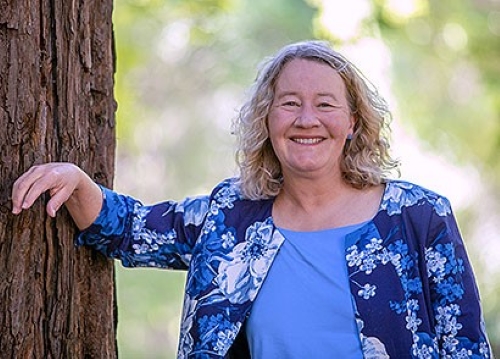
Greider has been visiting UCSC while on sabbatical from Hopkins since September 2019. She told a UCSC press officer, “The science here in MCD Biology is fantastic … I also see opportunities to make a difference in terms of underserved populations and women in science.”
Equity in STEM has long been a passion for Greider. She served on a National Institutes of Health working group that delivered recommendations to end sexual harassment, participated in a congressional briefing on the same topic that the ASBMB sponsored in 2018, and wrote a policy paper with colleagues on increasing gender diversity in the scientific workforce that appeared in Science in 2019.
Greider is best known for her discovery as a graduate student of telomerase, the enzyme that lengthens telomeres, permitting cells to continue replicating DNA without losing genetic information. She has been widely recognized for that work, sharing both the 2006 Lasker Award and the 2009 Nobel Prize in Physiology or Medicine with graduate mentor Elizabeth Blackburn and collaborator Jack Szostak.
Greider’s lab at Hopkins, where she joined the faculty in 1997, has continued to explore the molecular mechanisms of telomere elongation and regulation, describing and characterizing more components of the telomerase complex in yeast while also investigating the role of telomeres in aging and degenerative diseases in humans.
Stillman wins Heineken Prize
Bruce Stillman, president and CEO of Cold Spring Harbor Laboratory, has been awarded the Dr. H.P. Heineken Prize for Biochemistry and Biophysics for his research on eukaryotic DNA replication.
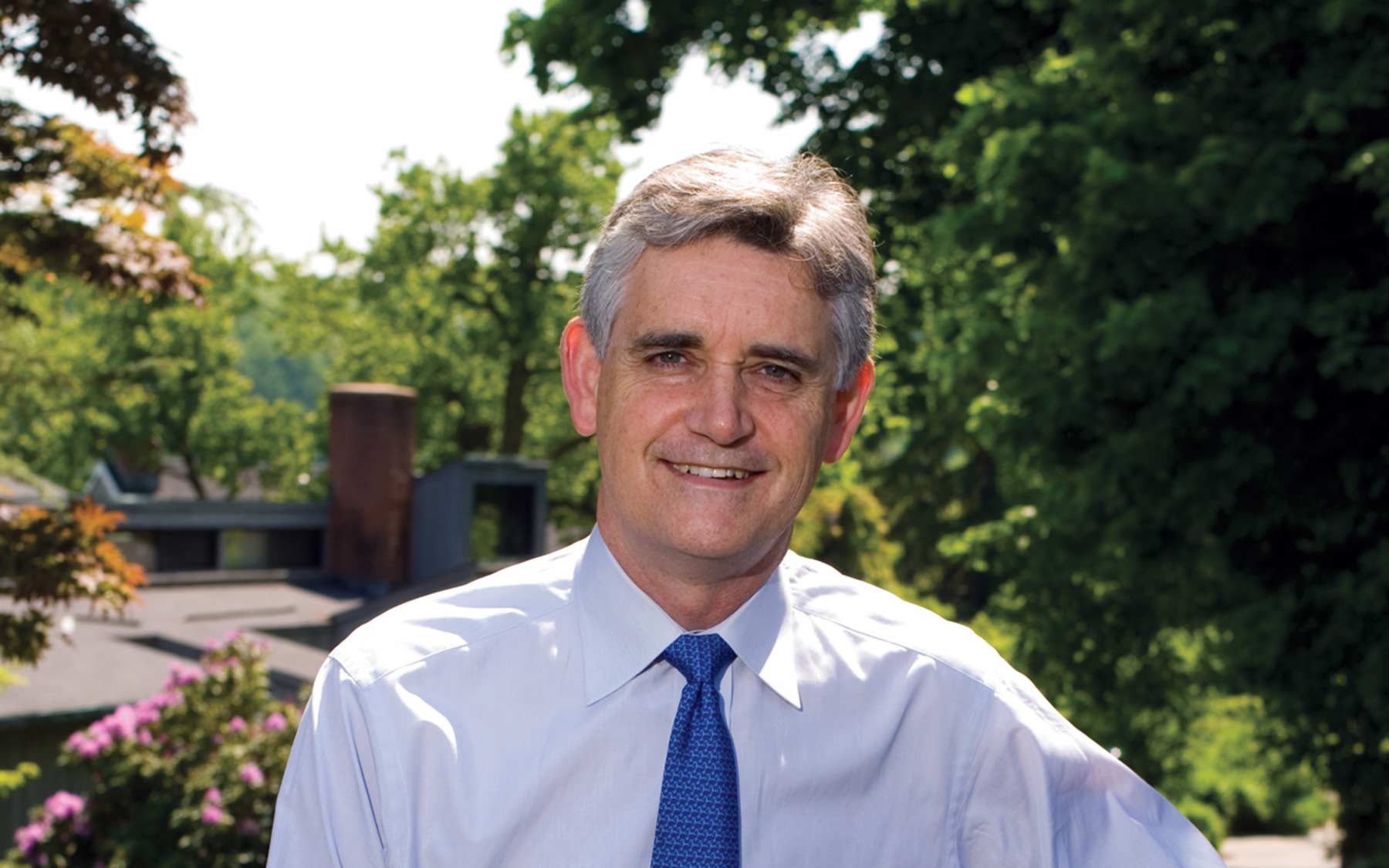
Stillman’s lab studies the process by which DNA is copied within cells before they divide. Working with yeast and human cells, his team has identified many cellular proteins that function at the DNA replication fork during the S phase, the portion of the cell-division cycle when DNA synthesis occurs. Among these are proteins that facilitate the assembly of chromatin, the protein–DNA complexes that form chromosomes. Stillman and colleagues have also determined the mechanism and control of the initiation of DNA replication in eukaryotic cells.
A native of Australia, Stillman earned a Ph.D. from the John Curtin School of Medical Research at the Australian National University and then moved to Cold Spring Harbor Laboratory as a postdoctoral fellow in 1979. He was promoted to the scientific staff in 1981 and has been at the laboratory ever since, serving as director of its cancer center from 1992 to 2016. He was appointed president in 2003.
Stillman has been elected to the Royal Society, the U.S. National Academy of Sciences, the American Academy of Arts and Sciences and the Australian Academy of Science. He has been named a fellow of the American Association for Cancer Research and his previous awards have included the 2014 Herbert Tabor Research Award and the 2019 Gairdner Award.
The Heineken Prize for Biochemistry and Biophysics, bestowed by the Royal Netherlands Academy of Arts and Sciences, honors top international researchers in biochemistry and/or biophysics whose scientific work offers new perspectives, achieves breakthroughs and opens up new avenues for others. The biennial Heineken prizes, also awarded in medicine, art, history, environmental science and cognitive science, are the Netherlands’ most prestigious scientific award.
Enjoy reading ASBMB Today?
Become a member to receive the print edition monthly and the digital edition weekly.
Learn moreGet the latest from ASBMB Today
Enter your email address, and we’ll send you a weekly email with recent articles, interviews and more.
Latest in People
People highlights or most popular articles
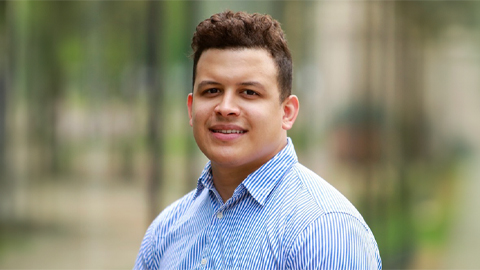
MOSAIC scholar explores enzymes
Organic chemist Edwin Alfonzo's scientific journey took an unexpected turn when he discovered the world of enzymes.
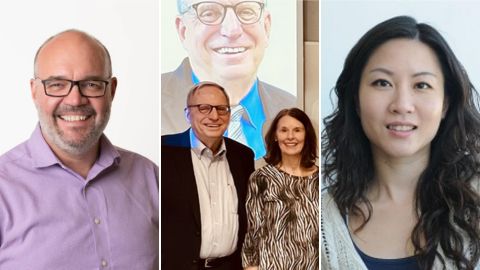
Honors for Wright, Chiu and Flanegan
Awards, promotions milestones and more. Find out what's going on in the lives of ASBMB members.
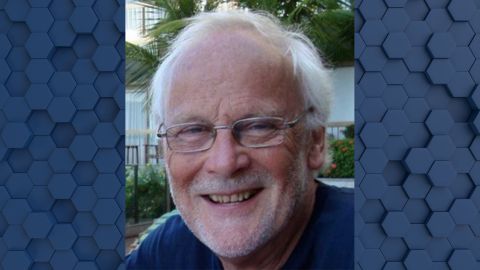
In memoriam: Michael Waterfield
He was a British biochemist and a pioneer in the cancer research field who opened a proteomics lab at University College London.
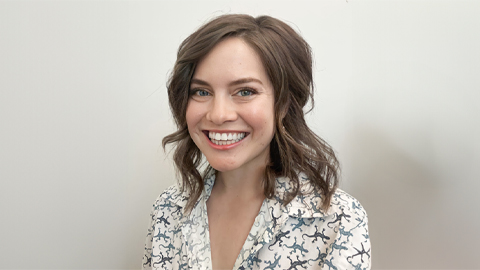
Bakers and mentors help a MOSAIC scholar change her life
Joanna-Lynn Borgogna studies the vaginal microbiome, the metabolome and the development of gynecological disorders in reproductive-aged women.
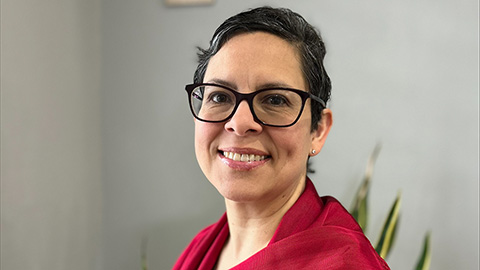
Swapping stethoscope for pipette to understand diabetic retinopathy
MOSAIC scholar Emma M. Lessieur Contreras is inspired by the work of her ophthalmologist father.
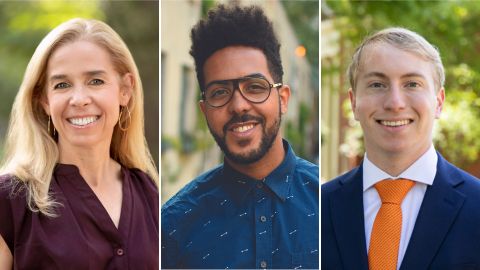
Honors for Lemon, Silva and Brownlee
Awards, promotions, milestones and more. Find out what's going on in the lives of ASBMB members.
